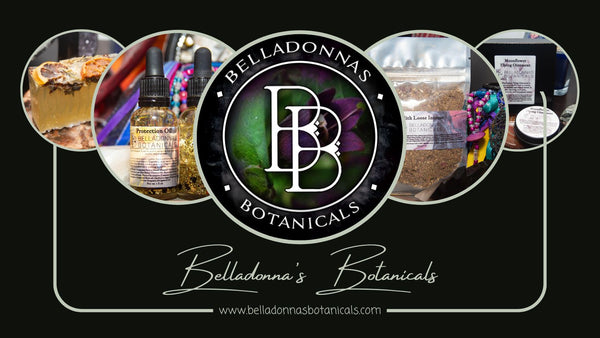The ASPCA sent me a couple reference articles on cats and essential oils safety.
-
Trending Now: Are Essential Oils Dangerous to Pets? The main takeaways from this article are helpful in what to look for if your cat is having a reaction to essential oils.
"The most common clinical signs with dermal exposure seen by APCC include ataxia, muscle weakness, depression and behavior changes. In severe cases, hypothermia and collapse may occur. With oral exposure, vomiting, diarrhea, and central nervous system depression can be seen. In severe cases, seizures and rarely liver injury has been reported with pennyroyal and melaleuca oils. If inhaled, aspiration pneumonia may occur. "
-
Their advice on the subject matter is the following:
It is best not to give or apply highly concentrated oils to pets
If a pet has an underlying health problem, particularly a respiratory issue, it may be best to avoid use of essential oil diffusers in the household
Do not use essential oil diffuser in the house if there are birds present
If using a diffuser or warmer make sure they are out of reach of pets and that pets can leave the area if the smell is getting too strong for them
Don’t keep a diffuser in the same room (or use a strong concentration) for animals who groom themselves
I also found this article to be helpful too: Is the Latest Home Trend Harmful to Your Pets? What You Need to Know!
-----------------------------------------------------------------------------------------------
Lastly, I spoke with Young Living's Product Support about the subject of cats and essential oils. They stated that:
"High phenol oils are the more commonly known oils to avoid with cats, however we also recommend avoiding oils that are high in monoterpene hydrobarbon as they can also become toxic for the same reason as high phenol oils. Should you choose to use the oils listed around cats, we highly encourage you to proceed with extreme caution under the guidance of a veterinarian with knowledge and experience with essential oils use with animals."
I find this information to be confusing because outside of Young Living, no other substantiated source that I found refers to oils high in monoterpenes being toxic to cats in the same way that high phenol oils can be. The main point being that while some oils can be toxic, it does not mean that they will be toxic. Typically, if a cat has an aversion or reaction to an oil it should be noticeable based on the symptoms that the ASPCA details above.

